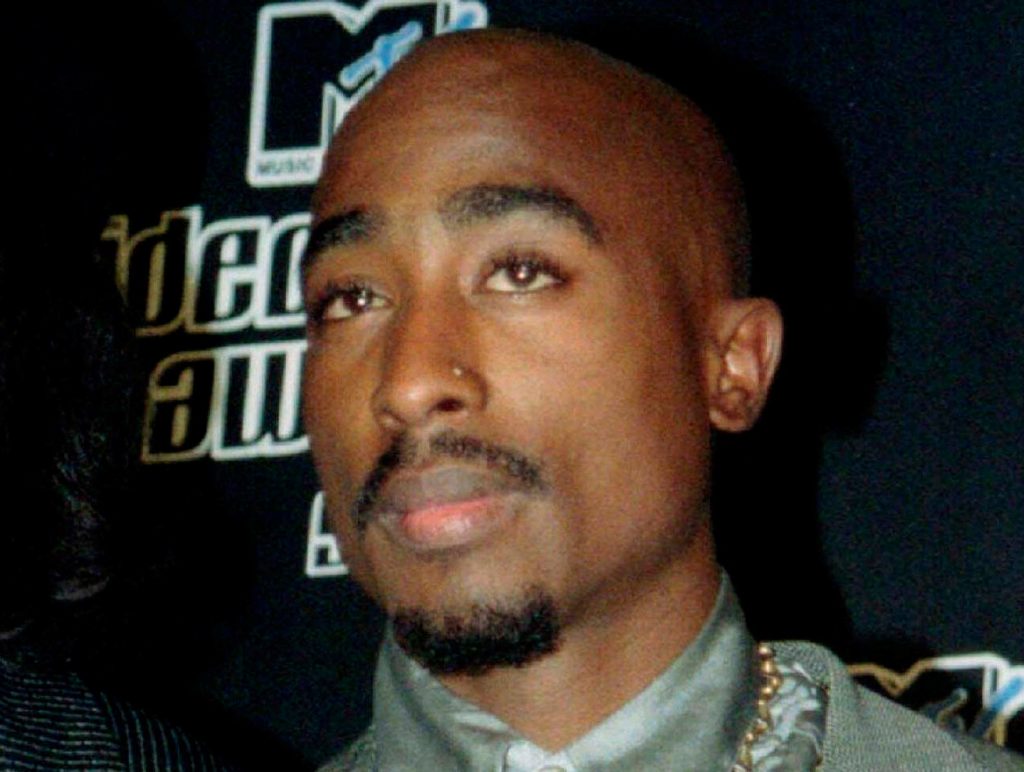The late rap icon Tupac Shakur, known for his influential career and enduring legacy, was recently honored in Oakland, California, 27 years after his untimely death. A section of MacArthur Boulevard, close to where Tupac lived in the ’90s, was officially renamed “Tupac Shakur Way.”
The unveiling ceremony, which took place on November 3, saw the presence of Tupac’s family members and Bay Area hip-hop legends such as MC Hammer, E-40, Money-B, and Too $hort. MC Hammer, who spent time with Tupac during his final months, called him “hands down, the greatest rapper ever.”
E-40 praised Tupac’s versatility, describing him as “the realest rapper ever” and highlighting his ability to create music that uplifted self-esteem and addressed important issues.
Tupac’s sister, Sekyiwa “Set” Shakur, offered heartfelt words during the ceremony, saying, “Let his spirit live on in these streets and in your hearts.”
Born in New York and raised in various places, including Baltimore, Tupac embraced Oakland as his adopted hometown during the early ’90s.
Earlier this year, the Oakland City Council voted unanimously to rename the street in his honor, reflecting his strong connection to the city. City Councilwoman Carroll Fife, who spearheaded the effort, mentioned that Tupac claimed Oakland and said, “Oakland gave him his game.”
Tupac Shakur tragically lost his life at the age of 25 in a drive-by shooting in Las Vegas on September 7, 1996. The identity of his killer has remained a mystery for nearly three decades.
The street renaming ceremony coincided with legal developments related to the case. Former southern California street gang leader Duane Keith “Keffe D” Davis recently pleaded not guilty to murder in connection with Tupac’s shooting in Las Vegas, after his arrest last month. Davis had been known to investigators and admitted his involvement in interviews and his 2019 memoir.
Meanwhile, Suge Knight, who was with Tupac on the night of the shooting, has reportedly refused to testify in the murder trial. Shakur’s relatives kept their distance from the prosecution during the ceremony, emphasizing the tragic loss of Tupac in gang violence.
The event celebrated Tupac Shakur’s enduring influence on the world of hip-hop and his deep connection to the city of Oakland, where his spirit continues to resonate.


